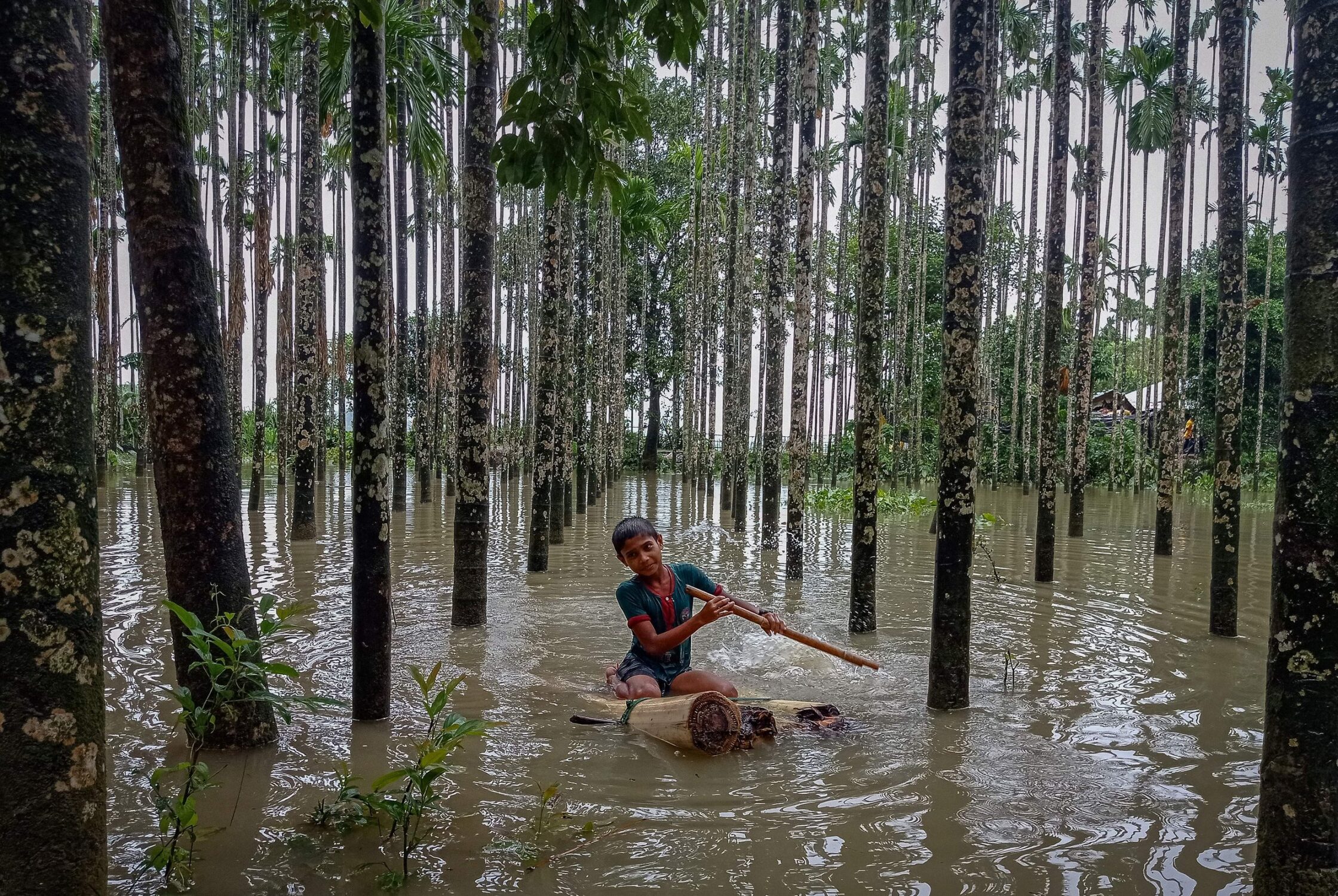Refugees International on Today’s White House Climate and Migration Report

Statement by Refugees International Senior Advocate and Climate Displacement Program Manager Kayly Ober:
“The White House Climate and Migration Report offers a strong and valuable assessment of policy challenges, but it falls short on the provision of detailed and robust recommendations that will be critically important in the years ahead.
The Biden administration’s report, issued in response to an executive order in February, is the first of its kind by any U.S. administration. And it could not come at a more important moment. We applaud the president for directing that it be issued. Climate change is already a part of our everyday lives, and those least responsible for the emissions in our atmosphere are having to combat its most devastating effects, including at times making the difficult decision to move. While credible estimates from the World Bank suggest that sea-level rise, water scarcity, and decreasing crop productivity, may impel more than 200 million people to migrate within their own countries by 2050, the Biden administration’s report recognizes that policy today may reduce that number by up to 80 percent. The report also makes it clear that the United States recognizes these policy challenges as well as the imperative of U.S. government leadership internationally.
Refugees International also welcomes the report’s recognition of migration as an adaptation strategy, as well as the importance of foreign assistance to support planned and voluntary migration.
This is a good start. But the report is long on description and too short on prescription, and as it was nearly nine months in coming, this is a disappointment.
The report does note that the United States has “a national interest in creating a new legal pathway for individualized humanitarian protection in the United States for individuals who establish that they are fleeing serious, credible threats to their life or physical integrity, including as a result of the direct or indirect impacts of climate change.” But it does not offer concrete recommendations or ideas about what that pathway—or other resettlement-related measures—should be.
Instead, the report then leaves the task of developing particulars to a soon-to-be-established interagency working group. Frankly, after nine months of preparation, we were hoping for much of this work to have been done.
On July 14, a Blue Ribbon Task Force on Climate and Migration, convened by Refugees International, offered a blueprint for a way ahead in response the president’s February executive order. It provides a broad range of recommendations with the kind of specificity we hoped the White House report would have contained.
We urge the new interagency group to move on those recommendations, as we believe the safety and dignity of hundreds of millions of people depend upon it.”
For more information or to schedule an interview, please contact Refugees International Director of Communications Sarah Sheffer at ssheffer@refugeesinternational.org or +1 202 540 7029.
PHOTO CAPTION: A child wades through a flooded area using a makeshift raft at Maulovir Para, Cox’s Bazar on July 30, 2021 after monsoon floods and landslides have cut off more than 300,000 people in villages across southeast Bangladesh and killed at least 20 people including six Rohingya refugees. (Photo by TANBIR MIRAJ/AFP via Getty Images)